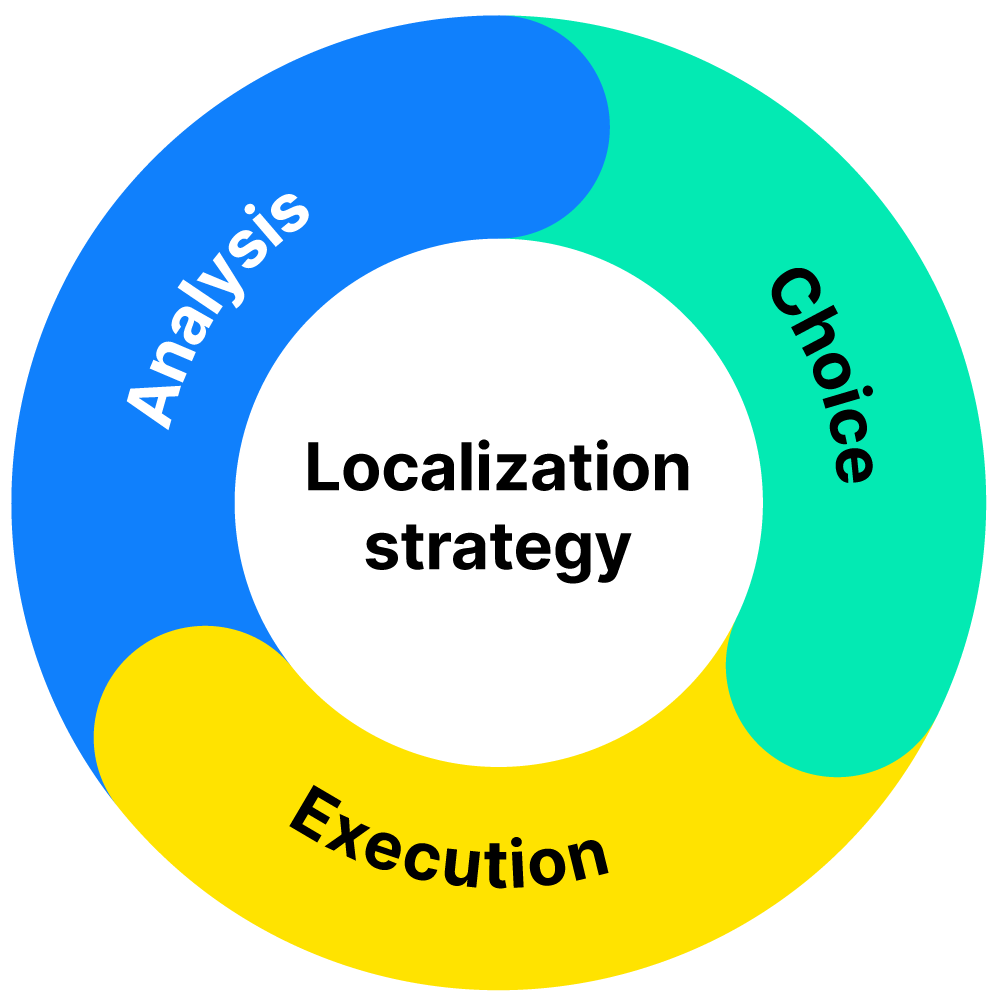Revolutionize Your E-commerce Performance with Advanced Entity SEO Techniques
Boost your e-commerce success by leveraging advanced entity SEO techniques. Discover how optimizing your site's SEO can drive traffic, enhance visibility, and increase conversions effortlessly.

Entity SEO, also known as entity-based SEO, leverages data from authoritative online databases to categorize various names or search terms, enhancing search engines' understanding of content. This guide explores how entity SEO can improve the discoverability of your e-commerce site, driving organic traffic, boosting revenue, and increasing user engagement.
Understanding the Shift from Keywords to Entities in E-commerce SEO
In recent years, the focus of SEO has evolved from merely optimizing keywords to understanding and utilizing entities. This shift is particularly crucial in e-commerce, where search engines strive to deliver precise results by understanding the intent behind search queries.
For instance, when a user searches for "apple," search engines must determine whether the user is looking for the fruit, the tech company, or even a guide on planting apple trees. To do this effectively, search engines rely on entities—broad categories that encompass various related keywords—to set the context and deliver relevant results.
Key Takeaways:
- Entities vs. Keywords: Entities are broad topics or groups under which multiple keywords fit, providing context to search queries.
- Entity Understanding: Knowing your entity is crucial before optimizing it with keywords and SEO best practices.
- Entity Catalogues & Knowledge Graphs: Maintaining these can significantly enhance your entity-based SEO efforts.
- E-commerce Benefits: Entity SEO connects products under the same entity, improving visibility and driving sales.
Keywords vs. Entities: What’s the Difference?
Keywords:
A keyword is a specific word or phrase that users enter into a search engine. It represents the primary subject or focus of the search. Keywords can be single words, questions, or full sentences.
Entities:
An entity, in SEO terms, is a broader concept that encompasses various keywords and phrases. For search engines to index an entity, it must be part of a larger topic or knowledge graph. Entities provide the context that helps search engines understand the content more accurately.
How Keywords and Entities Work Together
While keywords are essential for SEO, their effectiveness is greatly enhanced when combined with a strong understanding of entities. By contextualizing keywords within relevant entities, you can create content that resonates more with search engines and users alike.
When optimizing your e-commerce site, entities can be used to build internal knowledge graphs that link related content across your site. Additionally, you can connect your content to external knowledge graphs, such as LinkedIn or Wikipedia, to boost your site's authority.
How to Optimize Your E-commerce Website Using Entity SEO
- Identify and Structure Entity Sets on Your Site:
Entity sets are groups of entities categorized based on common features and attributes. For an e-commerce site, organizing product pages into entity sets—such as by product category, gender, or trends—can streamline your site’s structure and enhance its SEO potential.
For example, a fashion e-commerce site could group products under entities like "Men's Clothing," "Women's Accessories," and "Seasonal Trends." This not only improves user navigation but also strengthens your site’s SEO through structured data.
- Link Entities to Create a Knowledge Graph:
A knowledge graph is an organized structure that maps the relationships between entities on your site. Rather than just marking up content, you should focus on interlinking it to create a comprehensive, navigable web of information. This approach enhances user experience, searchability, and content value.
For instance, linking a product page for "running shoes" with related blog posts, reviews, and similar products creates a rich information ecosystem. This not only aids search engines in indexing your content but also provides users with a seamless browsing experience.
Benefits of Entity SEO for E-commerce
Entity-based SEO is an advanced approach that refines traditional keyword SEO. With the rise of NLP (Natural Language Processing) and the use of digital assistants, search queries have become more complex. However, most queries can still be categorized under predefined entities, making entity SEO a powerful tool for e-commerce sites.
- Enhanced Discoverability:
Entity SEO improves the visibility of your products by grouping them under relevant entities, making it easier for search engines to understand and index your content. This leads to higher rankings and increased organic traffic. - Better Targeting:
Entity SEO allows you to target specific regions or demographics more effectively. For example, if your site sells mobile phones in Dubai, linking your content to the "Dubai, UAE" entity ensures that your products are shown to the right audience. - Comprehensive Coverage:
By creating an entity catalogue, you can identify and include a wider range of relevant keywords that may have been missed in a traditional keyword strategy.
Creating an Entity Catalogue
An entity catalogue is a directory of entities unique to your e-commerce site. It serves as the foundation for more advanced data structures like knowledge repositories and knowledge graphs.
- Entity Catalogue:
The primary function of an entity catalogue is to ensure that each entity on your site is unique. This is particularly important for organizing your product catalogue, where disambiguation and identification are key. - Knowledge Repository:
Building on an entity catalogue, a knowledge repository adds depth by categorizing and describing each entity. This structure improves the contextual interconnectivity of your data, making it more valuable for SEO. - Knowledge Graph:
The knowledge graph represents the peak of entity organization. It creates a dense network of well-defined relationships between entities, enhancing the semantic richness of your site. This advanced structure is invaluable for improving content discovery and SEO.
How Entity Linking Enhances E-E-A-T for Your E-commerce Site
Entity SEO plays a crucial role in enhancing Google’s E-E-A-T (Expertise, Experience, Authority, Trustworthiness) criteria for your e-commerce site, especially for businesses in the YMYL (Your Money or Your Life) category.
- Expertise:
Entity SEO enriches your content by linking it with authoritative sources, demonstrating a strong understanding of the subject matter. - Authority:
By linking entities to credible external sources, you can establish your site’s content as authoritative and reliable. - Experience:
Strategic entity linking enhances user experience by creating a user-friendly, informative site that connects related topics and concepts. - Trustworthiness:
Entity SEO builds trust by linking content to reputable sources and making information more transparent.
Entity SEO is a powerful strategy for optimizing your e-commerce site, offering benefits far beyond traditional keyword optimization. By leveraging entities, knowledge graphs, and structured data, you can enhance your site’s visibility, authority, and user experience. Implementing entity SEO can position your business as a market leader, driving growth and success in the competitive e-commerce landscape.
What's Your Reaction?





















